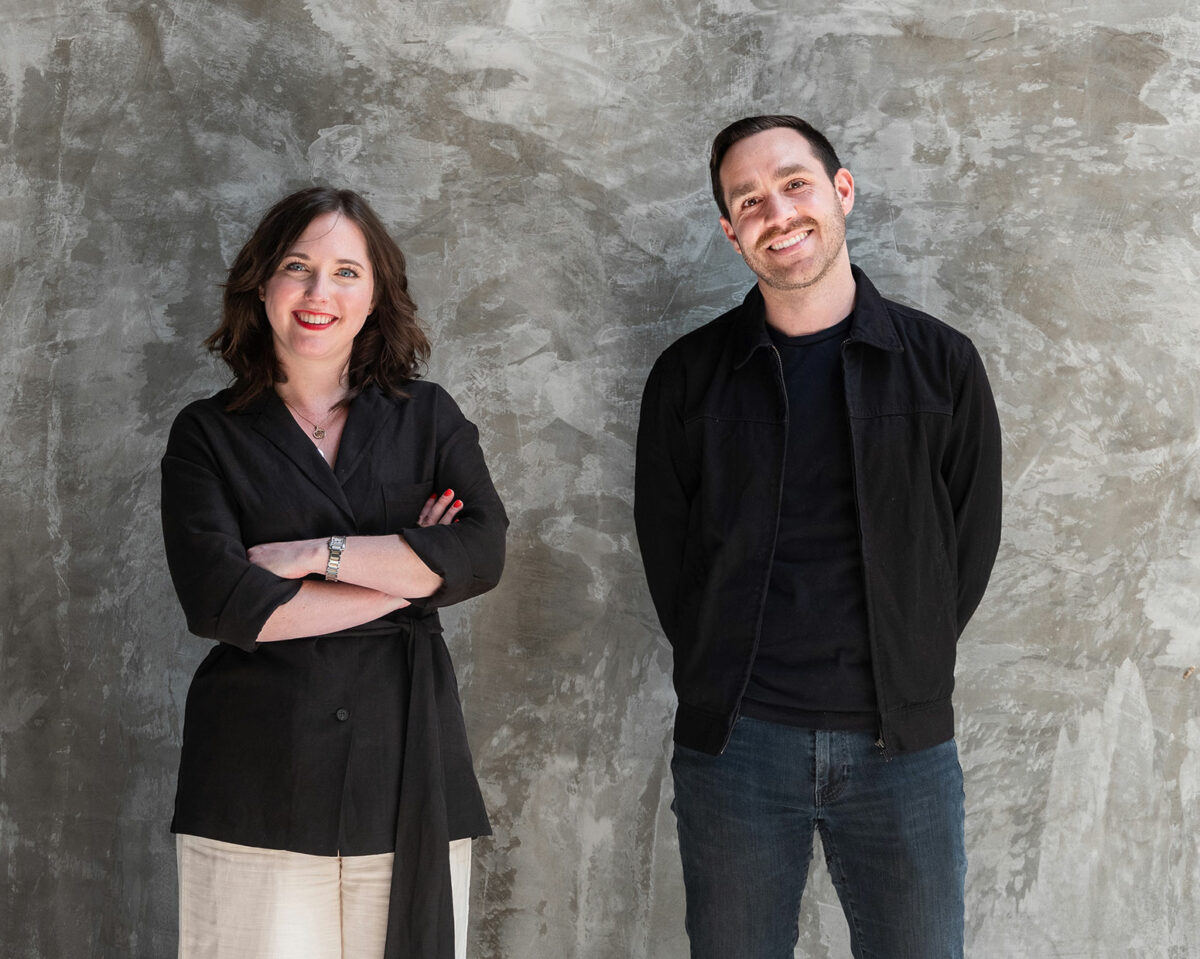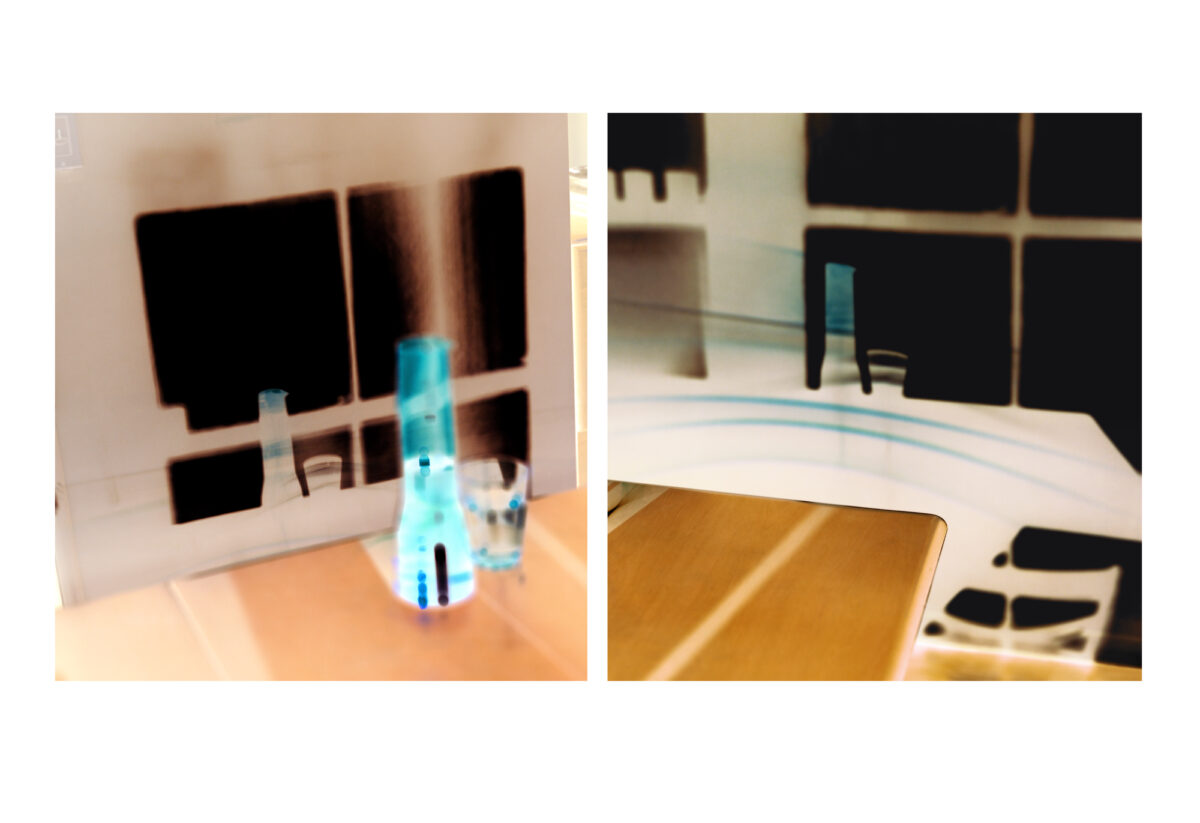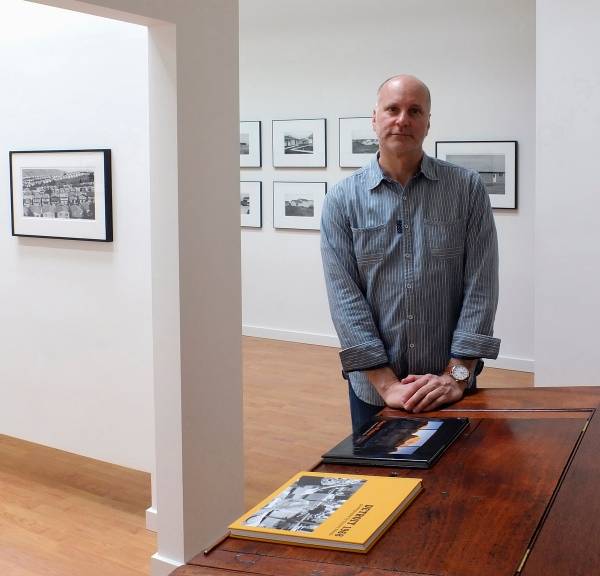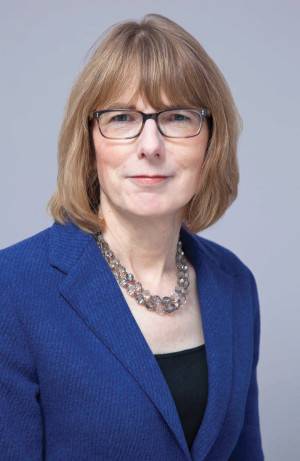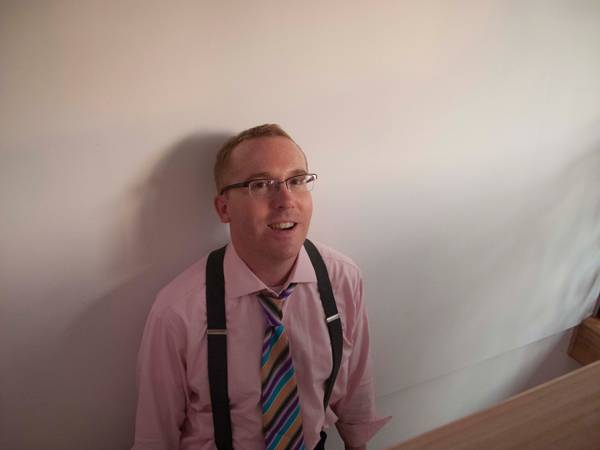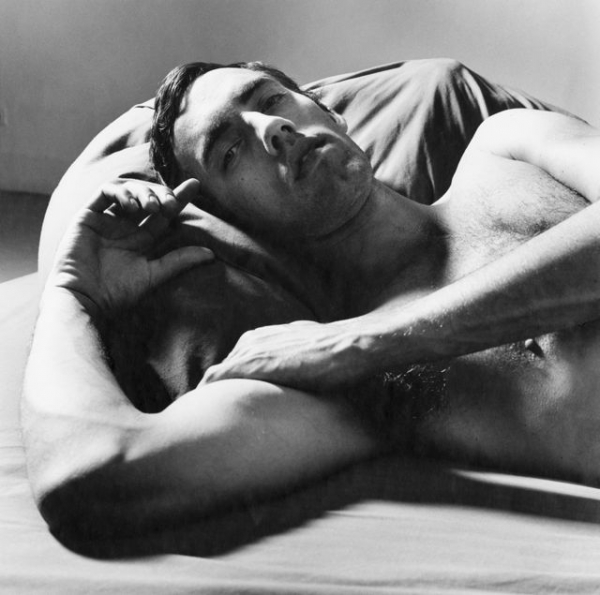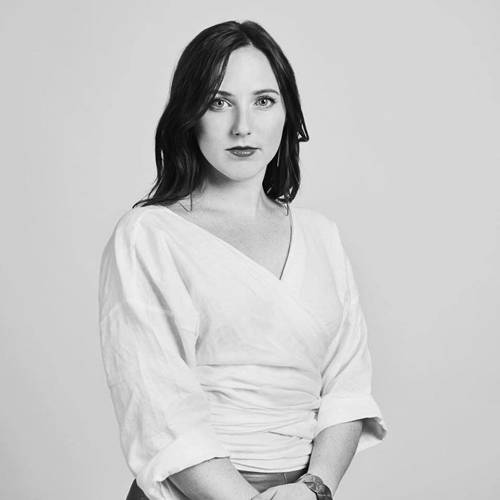

Thirteen years ago, when Ashlyn Davis was right out of high school, she worked as an intern at the Houston Center for Photography (HCP). Today, she runs the place. The multifaceted organization shows contemporary photography, ranging from surreal images by Fumi Ishino to Morgan Ashcom’s series What the Living Carry, which employs a documentary aesthetic to create a fictional rural American town. As a mid-sized organization, says Davis, “We can be more nimble, which makes our shows more resonant in the current moment. We get to be experimental and try out ideas, pushing the boundaries of what a photograph is and showing artists right before their careers launch.” The HCP showed Genevieve Gaignard, an LA-based artist whose work focuses on race, class, and femininity, in the fall of 2017, for example. “The level of work being brought in to Houston has really changed in the past five or ten years,” says Davis. “It’s exciting to be here at this time, when nationally we’re starting to get more recognition.”
Davis grew up in “a tiny little oil town outside Port Arthur,” as she describes it. When she was in junior high, her family moved to Houston. Her mother worked for Texaco; her dad owned his own car-repair business; her brother became a welder. Davis was the first person in her family to go to college. “I was always a curious, self-led kid,” she says. “I started reading at three and became a voracious reader. I still have a passion for books and photo books.”
From an early age, she says, she told her parents she was going to move to New York City. They were supportive, but also nervous, so she attended the University of Houston for two semesters before moving to New York to attend the Pratt Institute in Brooklyn. Her mom visited her several times; once was enough for her dad. (After he came to see her graduate, at Radio City Music Hall, he said he wasn’t interested in coming back if he couldn’t bring his gun.)
Davis, though, stayed for five more years: she was a work scholar at Aperture, then a copywriter in the advertising department of Penguin Books. There was a “free shelf” at Penguin, where editors put books they were rotating out of their offices; there, Davis discovered authors like Rebecca Solnit and Geoff Dyer. “I loved their interdisciplinary approach to art and photography in particular,” she says. Delving into work by those authors prompted her to return to her home state to attend the University of Texas at Austin. While Davis was a student in the American Studies department, she and photographer Bryan Schutmaat published the book Islands of the Blest (Silas Finch). Now in its second edition, it uses archival photographs sourced from various archives to create a poetic retelling of the settling of the American West.
While in graduate school, Davis also managed to secure the funds to invite Rebecca Solnit, who’d inspired her early on, to speak at the university’s Harry Ransom Center. And some six years after she discovered Geoff Dyer on that same shelf at Penguin, she invited him to the HCP to speak about his book, The Street Philosophy of Garry Winogrand, in March. “I’ve always felt – never don’t ask,” says Davis. “If there’s something I’m interested in, I ask.”

